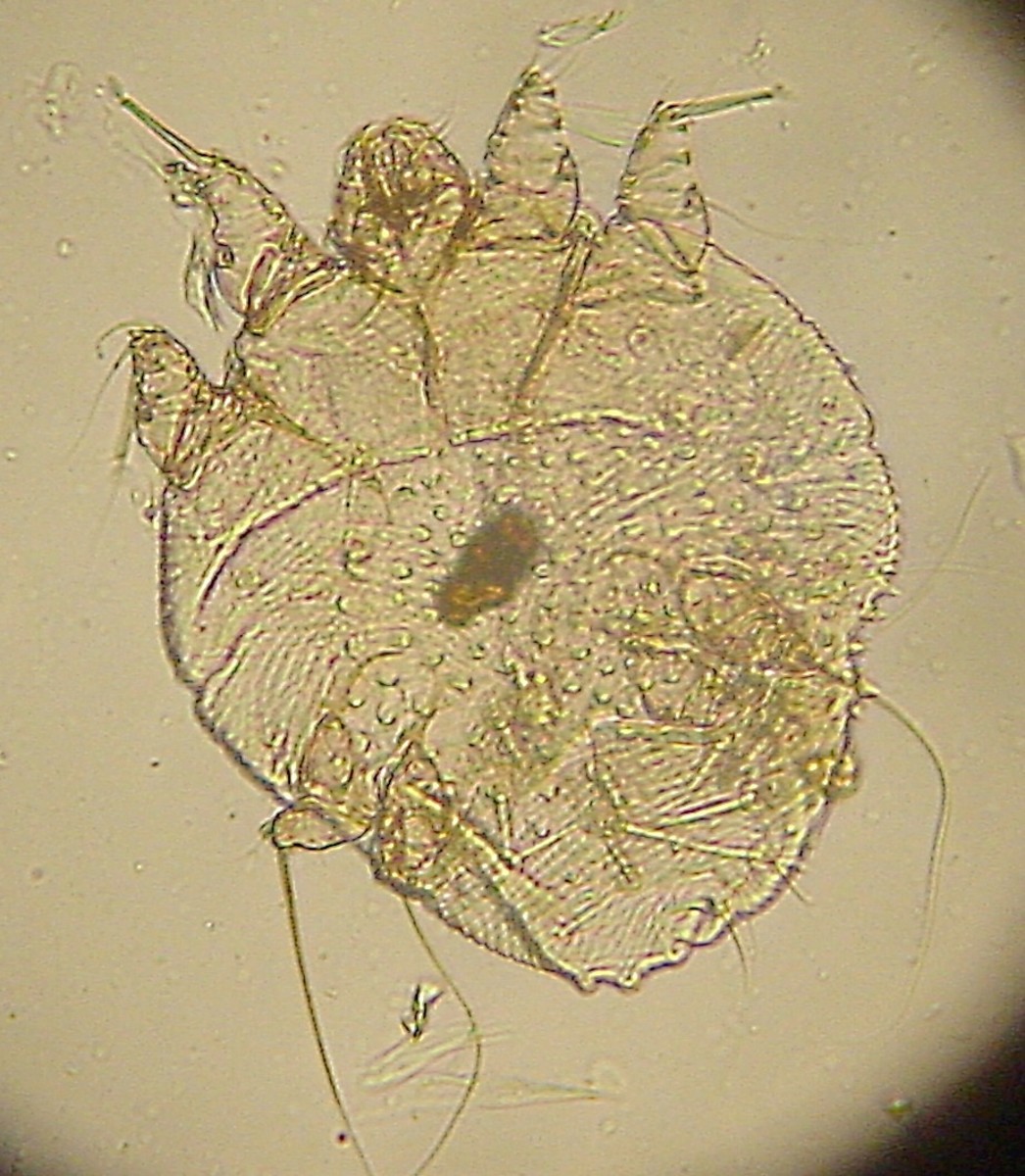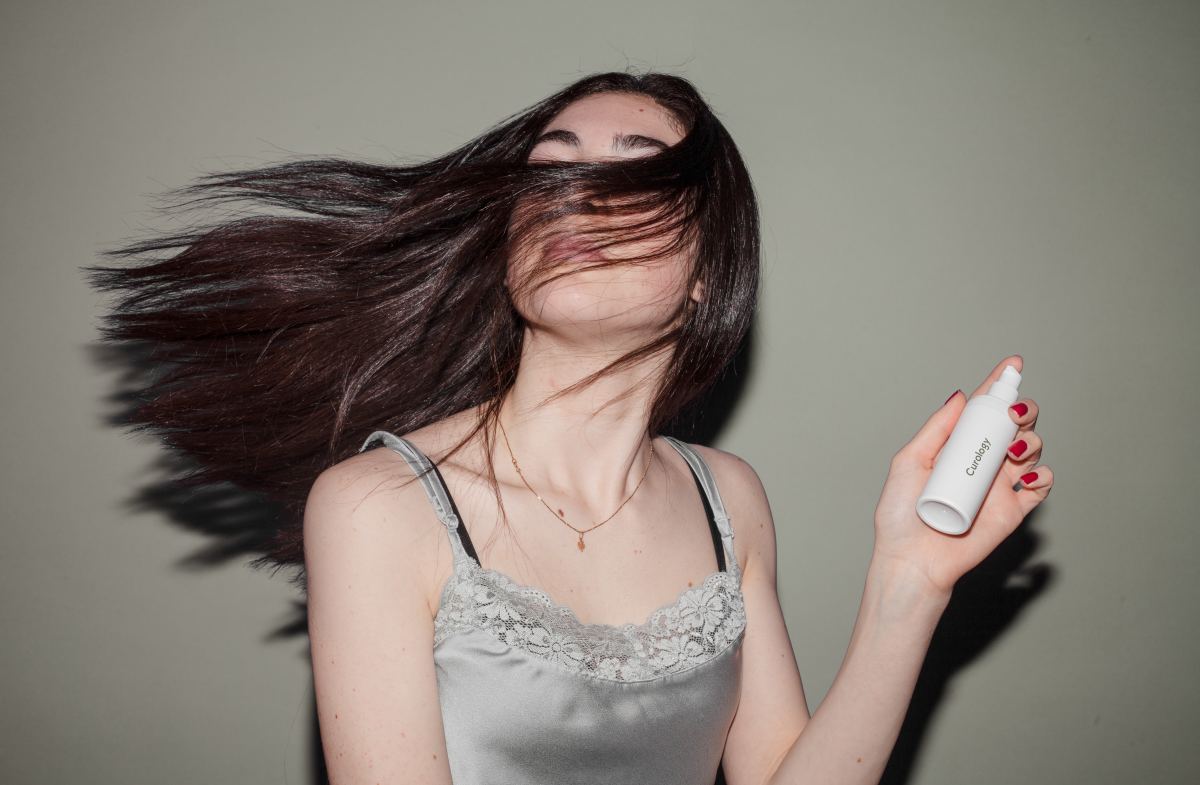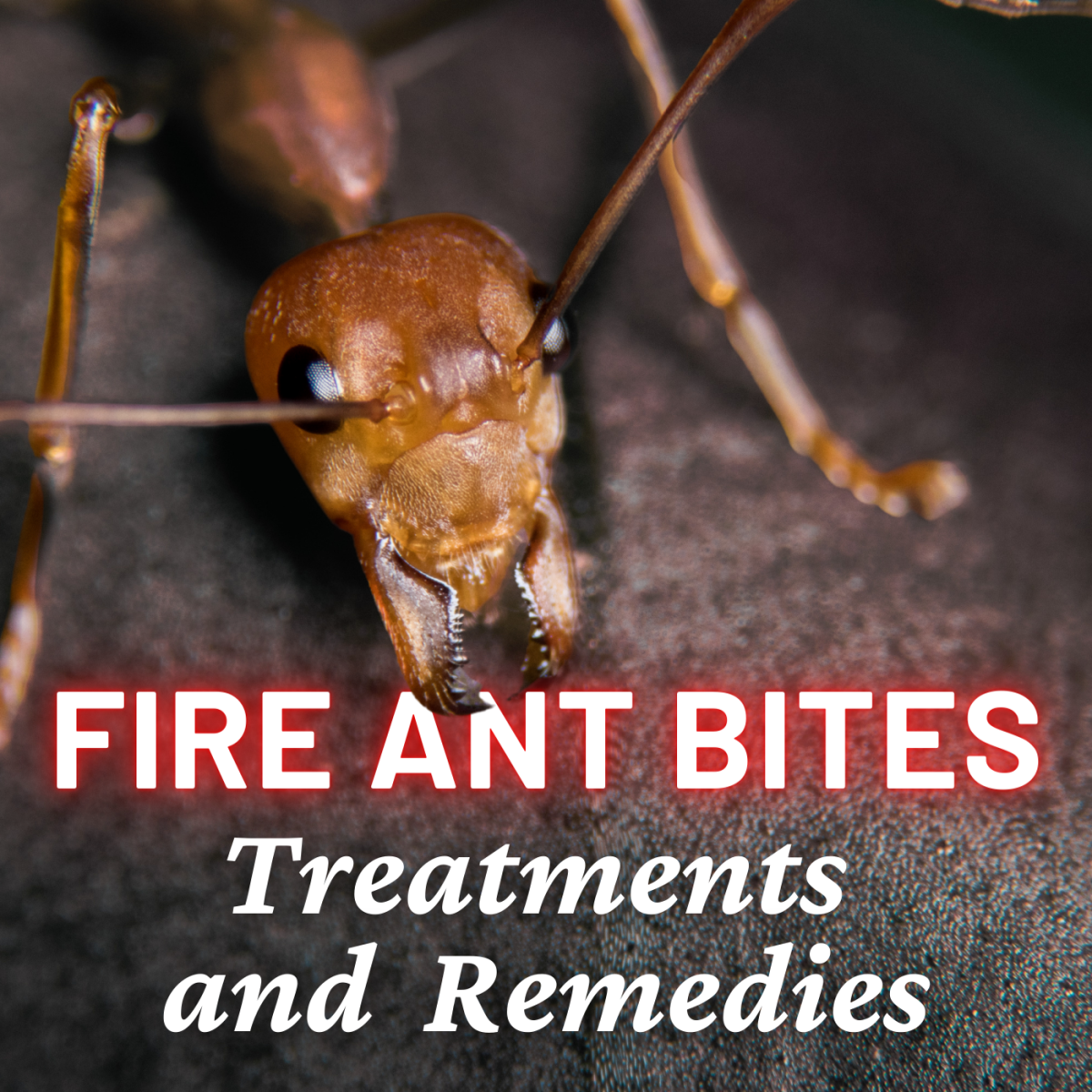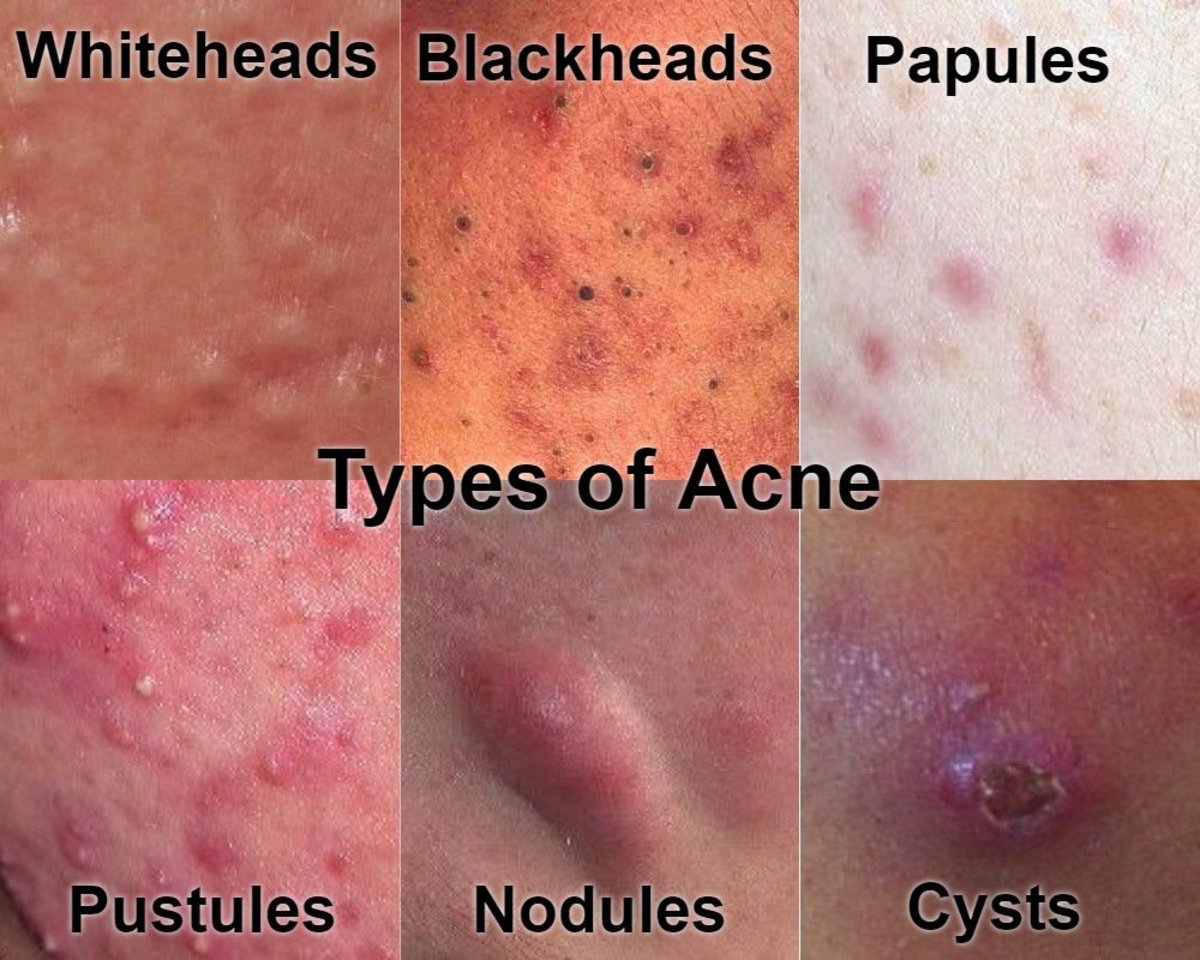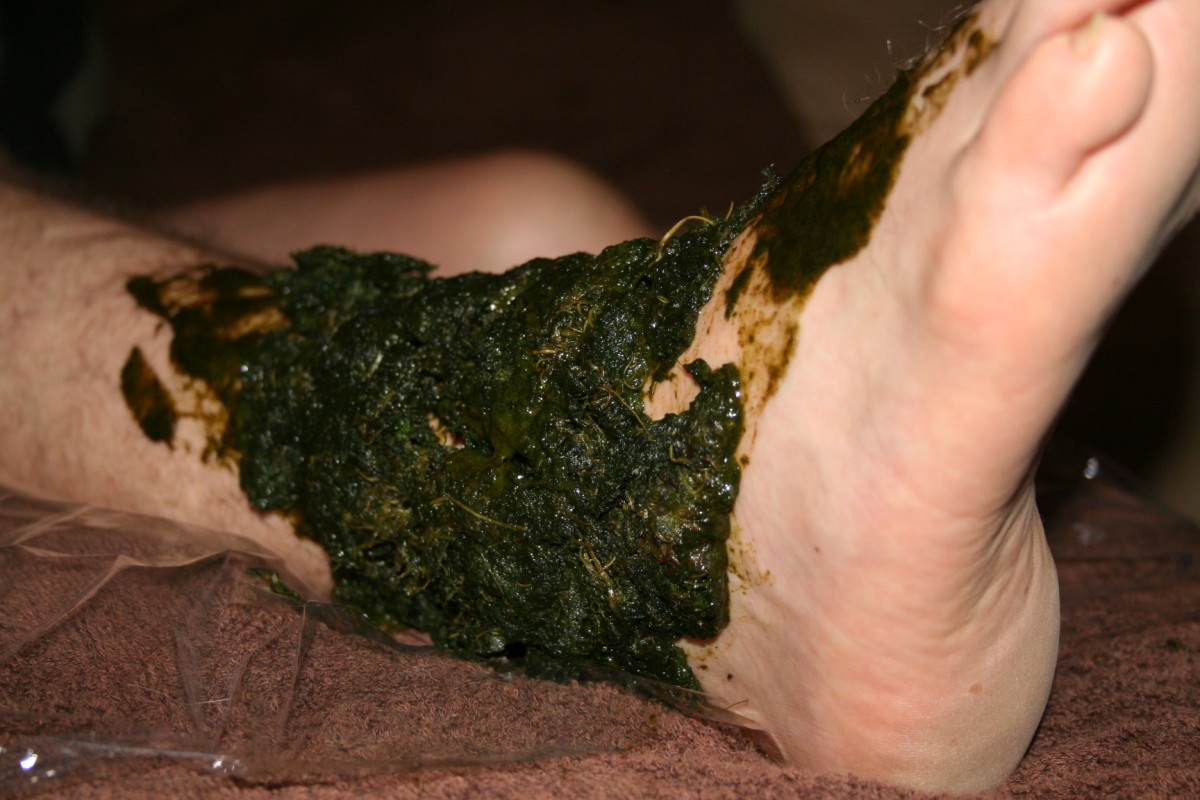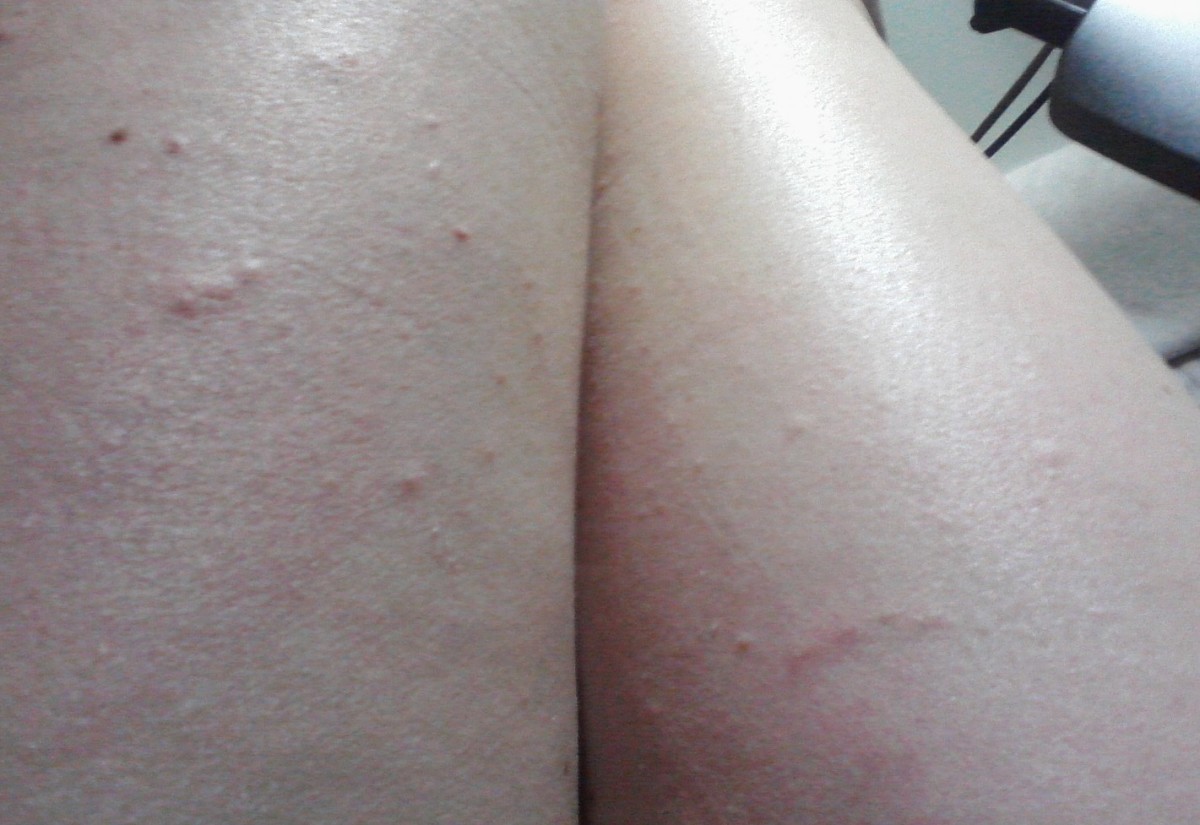Home Remedies for Acne Vulgaris
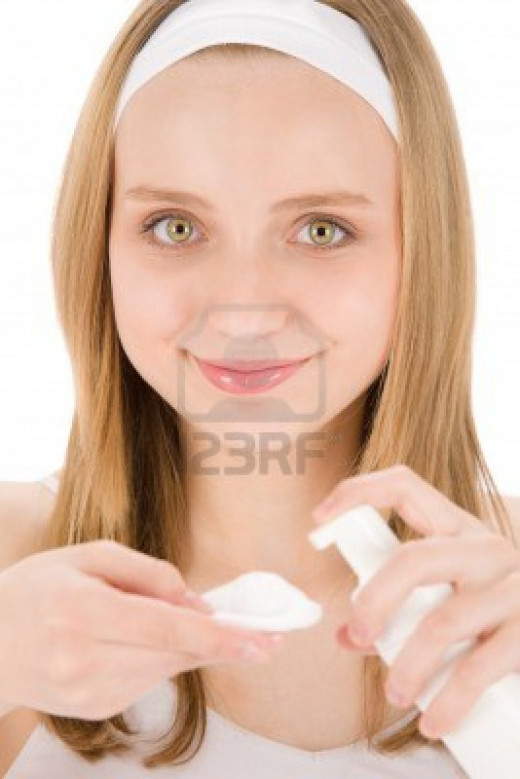
Acne Vulgaris is the more common form of acne. It is caused by the hair follicles in your skin getting clogged. Follicles are the small openings in your skin. They can be clogged up by oils and dead skin cells.
Clogged hair follicles can cause a number of things such as Comedones, Papules, Nodules, and Cysts. While acne vulgaris is caused by the hair follicles in your skin getting clogged, there are many other factors that can have a part in creating acne. Including, but not limited to your hormones, bacteria, and medical conditions and even be from heredity.
What is a Comedone?
Comedones are referred to as blackheads or whiteheads. When a comedone is formed at the surface of the skin, it is called a blackhead. This is because of the dark appearance they have. However, when a comedone is shut and formed below the surface of the skin, it is called a whitehead. This is because of the white appearance they give.
What is a Papule?
Papules appear as small red bumps that are tender to the touch. They appear when hair follicles are inflamed or infected.
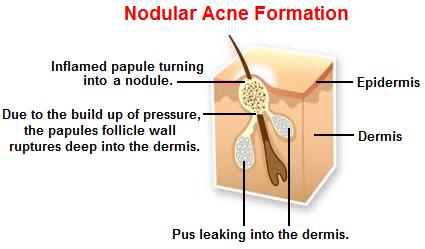
What are Pustules?
Pustules are similar to papules as they also appear as red bumps that are tender to the touch. The difference is that pustules have white pus built up in the tips.
What are Nodules?
Nodules appear as big, hard and painful lumps under the skins surface. Nodules are caused by buildup of secretions deep in the hair follicles.
What are Cysts?
Cysts are lumps under the skin's surface that are painful. Cysts are like boils and can cause scaring.
Ways to prevent acne vulgaris at home include:
- Keeping good Hygiene. Keeping your face clean can help prevent facial acne vulgaris.
- Use acne soap or products
- Moisturize. Many acne products will dry your skin out, causing irritation.
Be Aware of your Face!
Being aware of your face means knowing what you are applying to your face. You should avoid oily, greasy products including cosmetics, hair products and even acne products. You should look for water-based or noncomedogenic products.
Keeping your face clean, the safe way...
It is important to wash your face daily, but you want to keep the previous step in mind and do it the safe way. You should use cleansers that are gentle on the skin and avoid harsh products such as facial scrubs, astringents and related products. These tend to dry skin out to fast and causes irritation.
What gets on your face?
Again, be aware of your face and notice what gets on your face daily. This includes your hair, and hands. Keep your hair clean and off your face to avoid oils from getting on your face. Also try to keep from touching your face through the day with your hands, this goes for objects as well. This is due to the bacteria that can be transferred.
Stress and Sleep:
Do you get enough sleep, do you have times your more stressed out? Did you know that not getting enough sleep, or being under added stress can sometimes cause acne to get worse?
What to look for in products?
When you are buying over the counter products, some of the things you should look for are acne lotions containing benzoyl peroxide, and salicylic acid. This is because those ingredients promote peeling of dead skin, and fight against oily skin.
Tea tree oil is also a good over the counter product to try. Some studies have shown that it may be just as effective as benzoyl peroxide, but may not work as fast. However, if you prefer the more natural method it may be worth trying.
Take Zinc! Zinc promotes wound healing, helps reduce inflammation, in turn can help with acne.
When to see a Doctor:
If your acne is persistent you may want to visit your doctor to see about prescription drugs. They can prescribe a wide range of different medications to help fight persistent acne vulgaris, or find out if the acne may be cause from another medical condition.
Question for readers:
- If you had acne, what are some of the ways you cleared it up?
Related Hubs:
This content is accurate and true to the best of the author’s knowledge and is not meant to substitute for formal and individualized advice from a qualified professional.
© 2013 Billy Haynes

